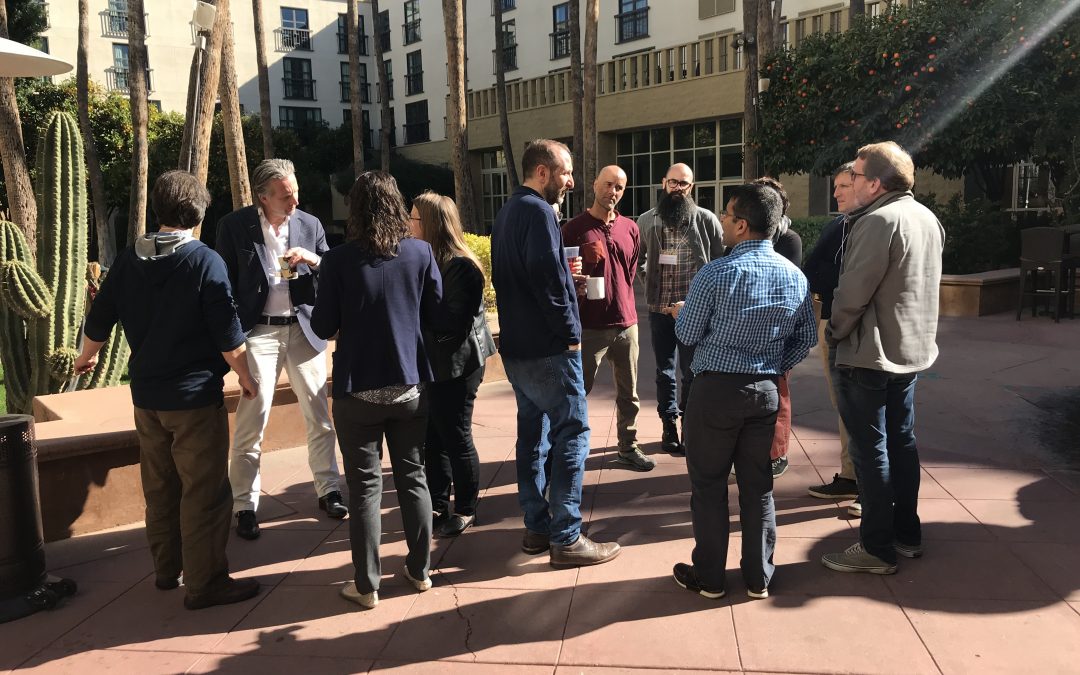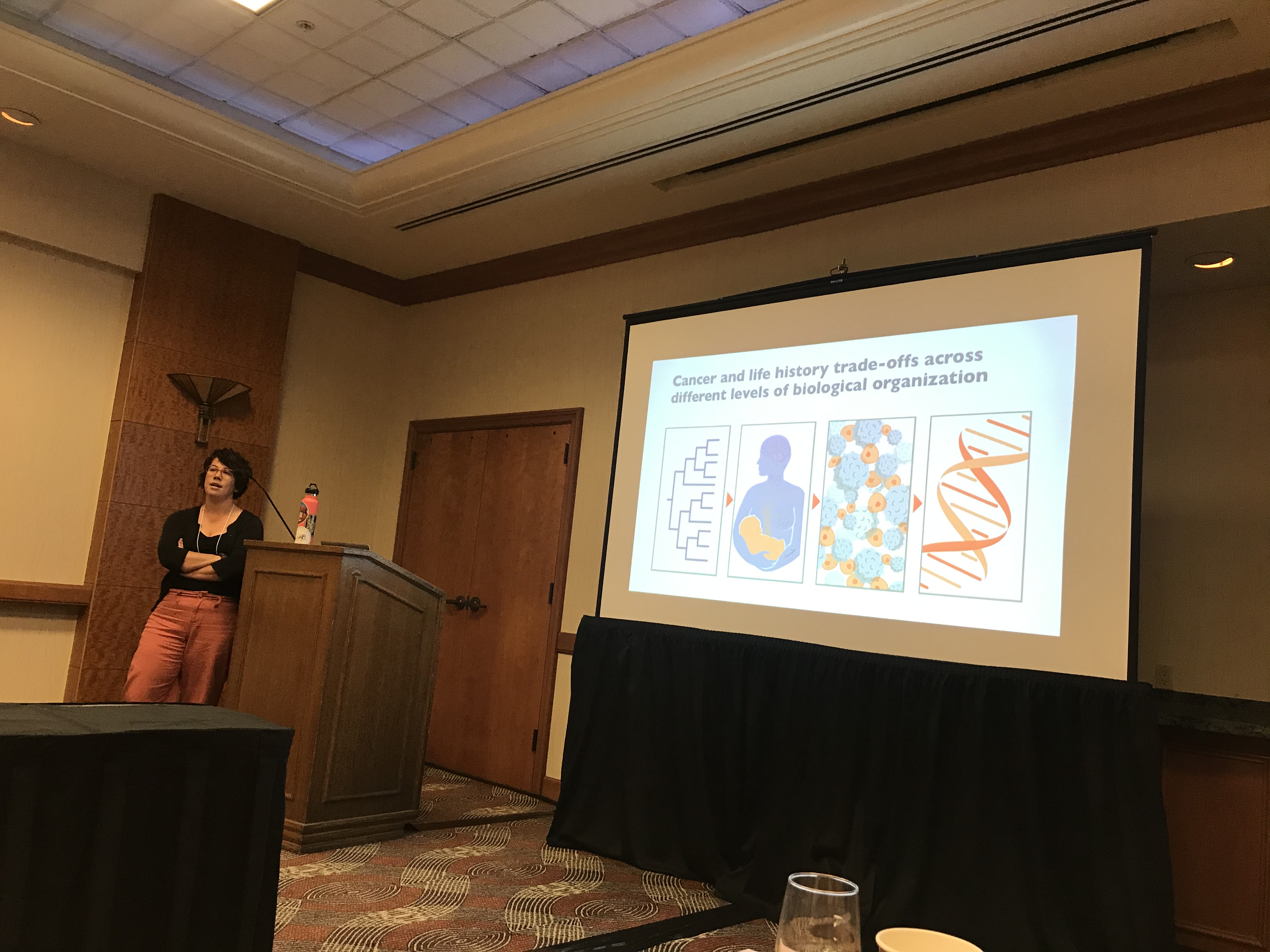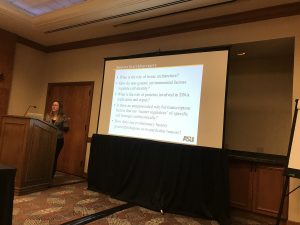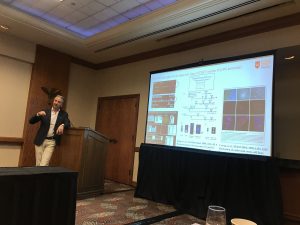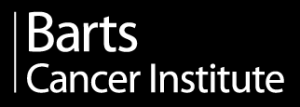It has been known for some decades that there is a deep link between tumorigenesis and embryo development. Many of the hallmarks of cancer are also hallmarks of early-stage development: angiogenesis, hypoxia, cell motility, tissue invasion, stemness. It has even been commented that tumors resemble embryos gone wrong. More accurately, some oncogenes turn out to be developmental genes, inappropriately expressed in the adult organism. The earliest stages of development, when the basic body plan is being laid down, reflect the deep evolutionary roots of the organism, which also corresponds to the early evolutionary ages of many oncogenes, as described by the so-called atavism theory of cancer. The atavism theory predicts that as cancer progresses in the host, genes from earlier evolutionary epochs are over-expressed relative to all human genes, and therefore it is genes corresponding to earlier stages of embryogenesis that are over-expressed. Some evidence favoring this hypothesis has accumulated over the past thirty years, but embryogenesis has been ignored by most oncologists. To remedy this lacuna, and to test the three-way link between cancer, embryo development and ancient genes, the workshop brought together 16 national and international experts in all three fields. The meeting reaffirmed the close link between embryogenesis and tumorigenesis.
